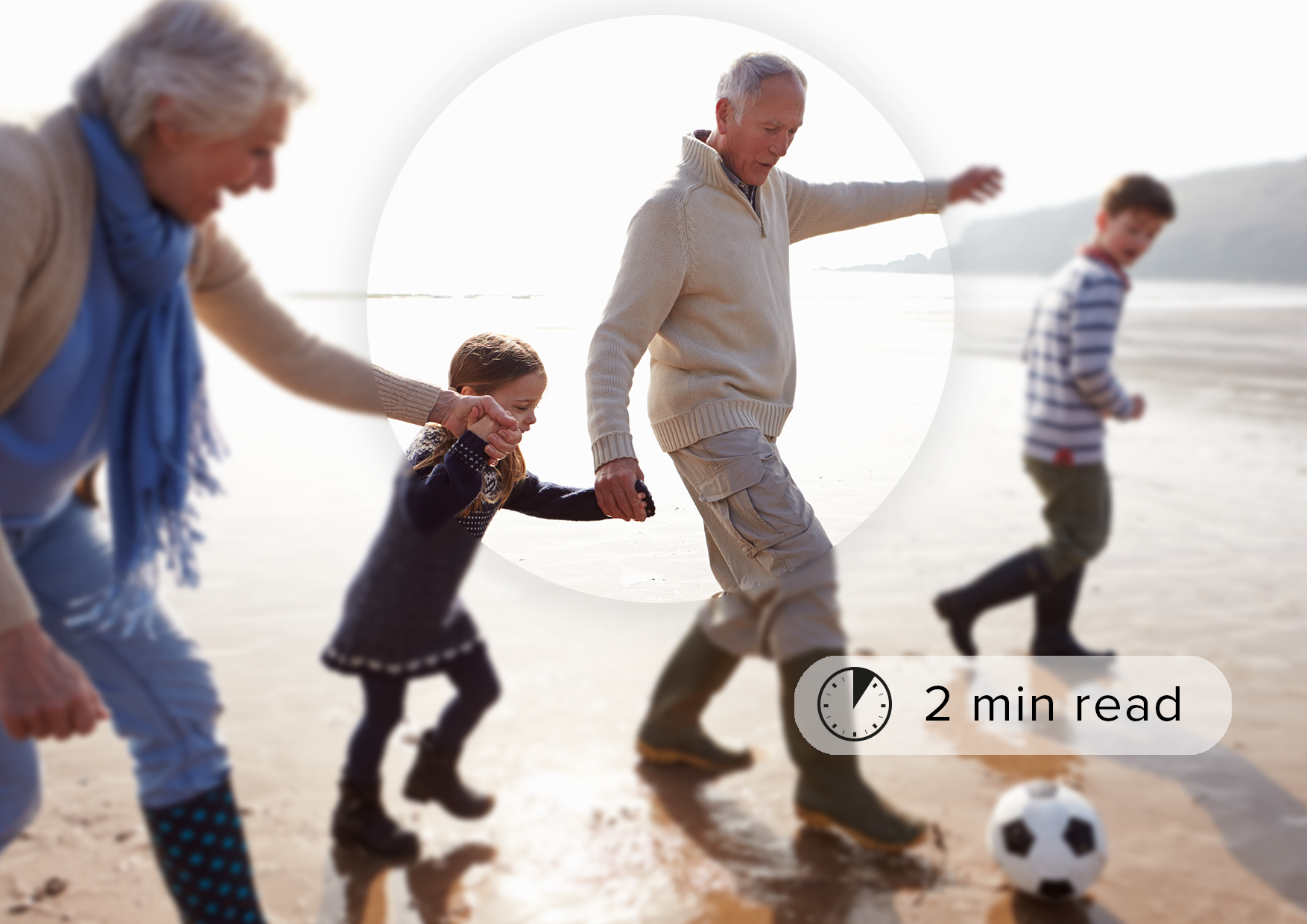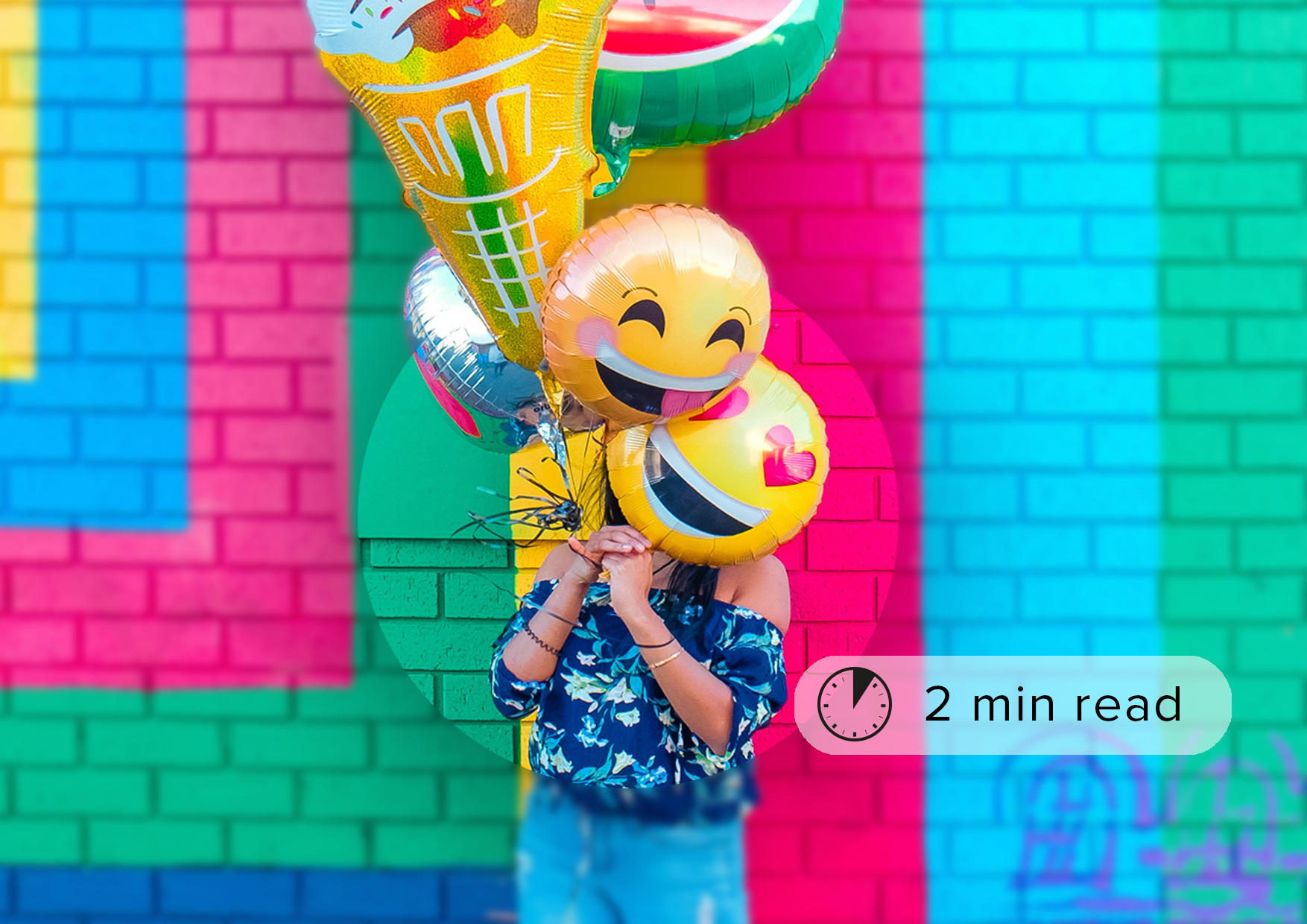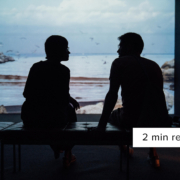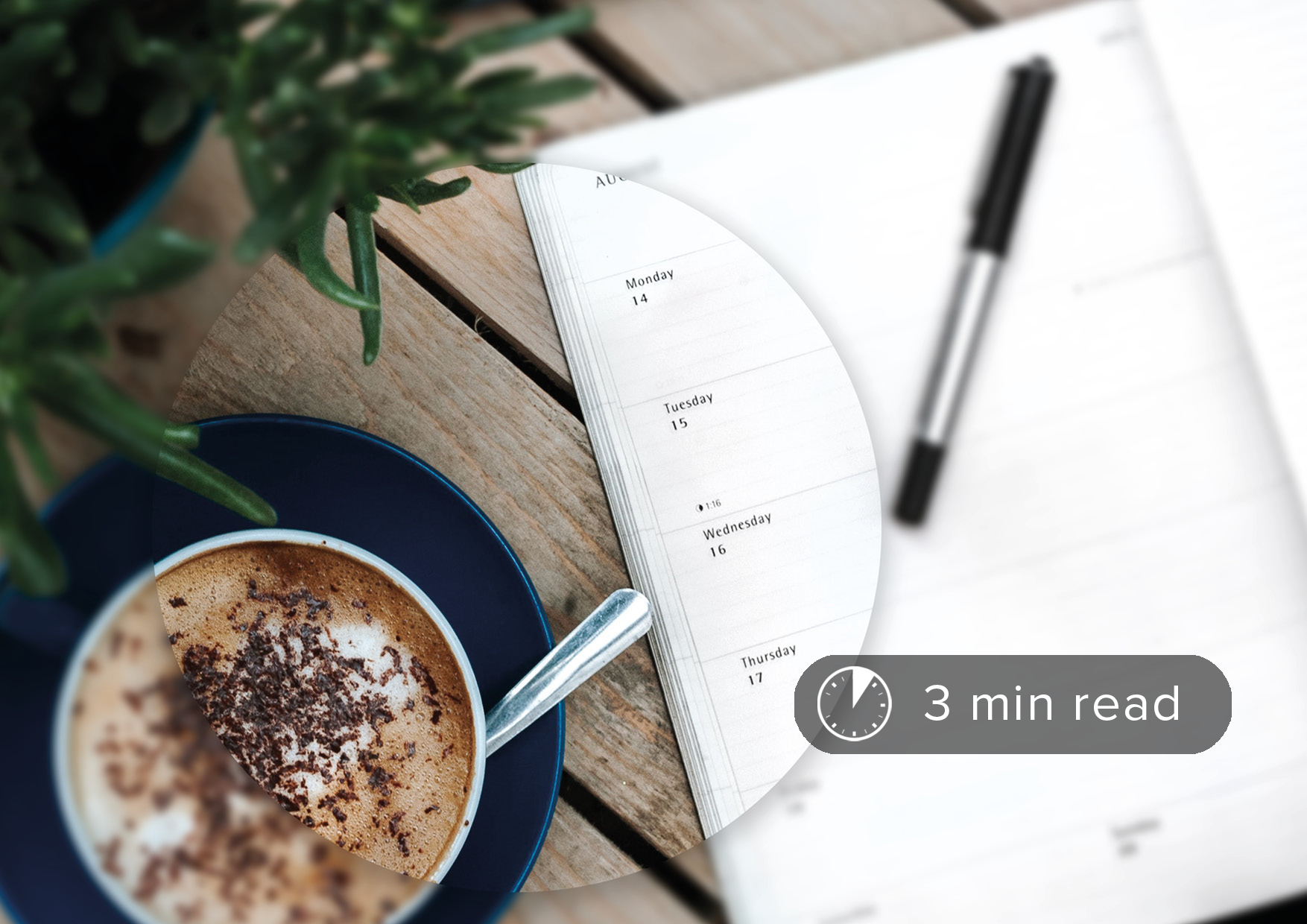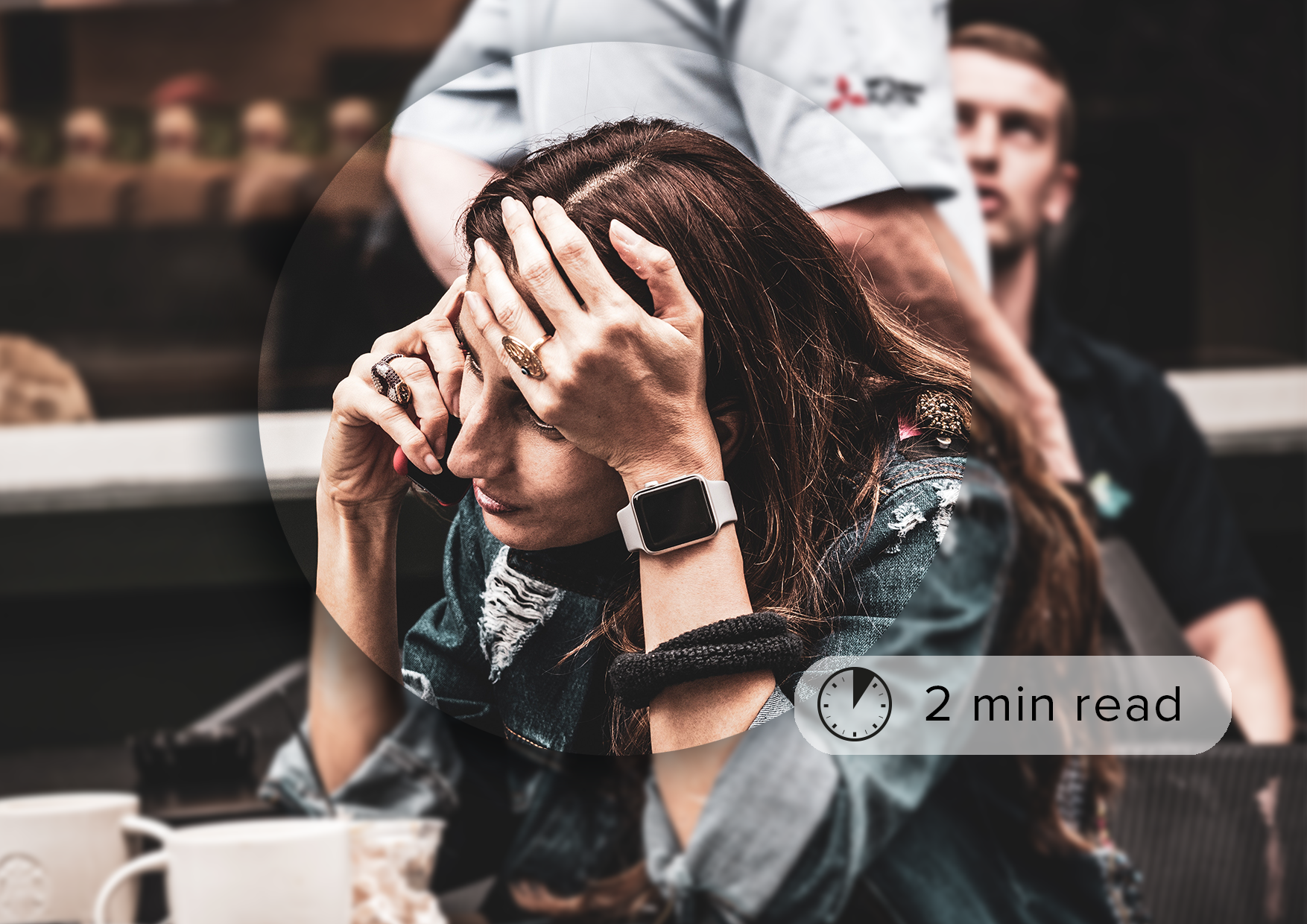How not to panic through a pandemic and other things my mental health has taught me…
When was the last time you had an anxious thought, a squirmy feeling in your tummy, or a complete lack of interest in doing things? Yesterday? Maybe last week? For most of us we experience these common, uncomfortable feelings regularly, but they usually pass pretty quickly.
However, if you’re one of the 1 in 4 people in England who experience or live with a mental health problem, you’re probably only too familiar with these feelings and understand the toll mental health problems can have on your wellbeing. It’s not just anxiety; mental health issues can take many forms, from depression to psychotic disorders. It’s nothing to be ashamed of and World Mental Health day is a great opportunity for us all to start talking openly about our own mental health.
My name is Rachel and I’m one of the 1 in 100 people living with Obsessive Compulsive Disorder (OCD). For years I hid my disorder because I was ashamed and afraid of being judged. OCD is a mental health condition often misunderstood as a love of organisation, when in reality sufferers experience frequent intrusive and unwelcome obsessional thoughts (OCDUK).
The Coronavirus pandemic has been challenging for us all, but throw in OCD and it’s added a whole extra set of complications for me. While many of us feel like we’re coming back to life after many months of lockdowns, I’m struggling (like so many others) with the idea of ‘the new normal’ and going back to the life I lead before.
It’s taken me a long time, but I’m slowly getting back to my ‘normal’ with the help of medication and a therapist. While this journey I’m on has been tough, I’ve learnt a lot of things along the way:
- It’s ok not to be ok: If you’re struggling, reaching out to your friends and family can help take some of the burden away. Sometimes it’s easier to talk things through with someone you don’t know – organisations such as Mind, OCD UK and Samaritans gave me some practical ways to look after my mental health.
- If it feels scary, it’s probably good for you: Having OCD means I overestimate threat, often catastrophizing to the worst possible scenario. In the past it’s been all too easy to stay in my house where I feel safe, but by pushing myself to do the scary things (going for a walk, to the shops or to visit a friend) it makes each experience easier and quietens the fear monster in my brain.
- Slow and steady wins the race: Sometimes when you’re on the recovery journey you can fall into the trap of either not doing anything, or doing too much! I’ve found tackling one scary thing at a time gives me the best rates of success but I’m also mindful that sometimes a quiet day on the sofa is exactly what my mental health needs.
- Speak up: In the past, I haven’t told people when I’m uncomfortable or struggling with a situation. The pandemic has forced me to be honest when I’m having a hard time – with myself and with others. Being open about my struggles has helped my family, friends and colleagues understand why I might be acting ‘strangely’ so they can help me through those tough situations. It also takes away the stigma and makes conversations about mental health easier.
- Be kind to yourself: Probably the most important thing I’ve learnt is to be kind to myself. We’re living in unprecedented times and it’s ok to find things hard sometimes.
Focusing on the people and things that bring me joy and comfort has allowed me to push forward with my life, one small step at a time. The pandemic might not be over yet, but for me, life is starting to feel sunny again.
If you’re struggling with your mental health or you’re affected by any of the issues I’ve talked about in this blog, you can call Samaritans on: 116 123 or visit their website: www.samaritans.org/



